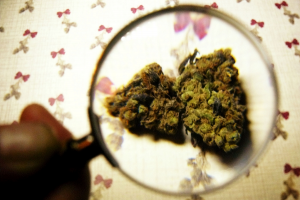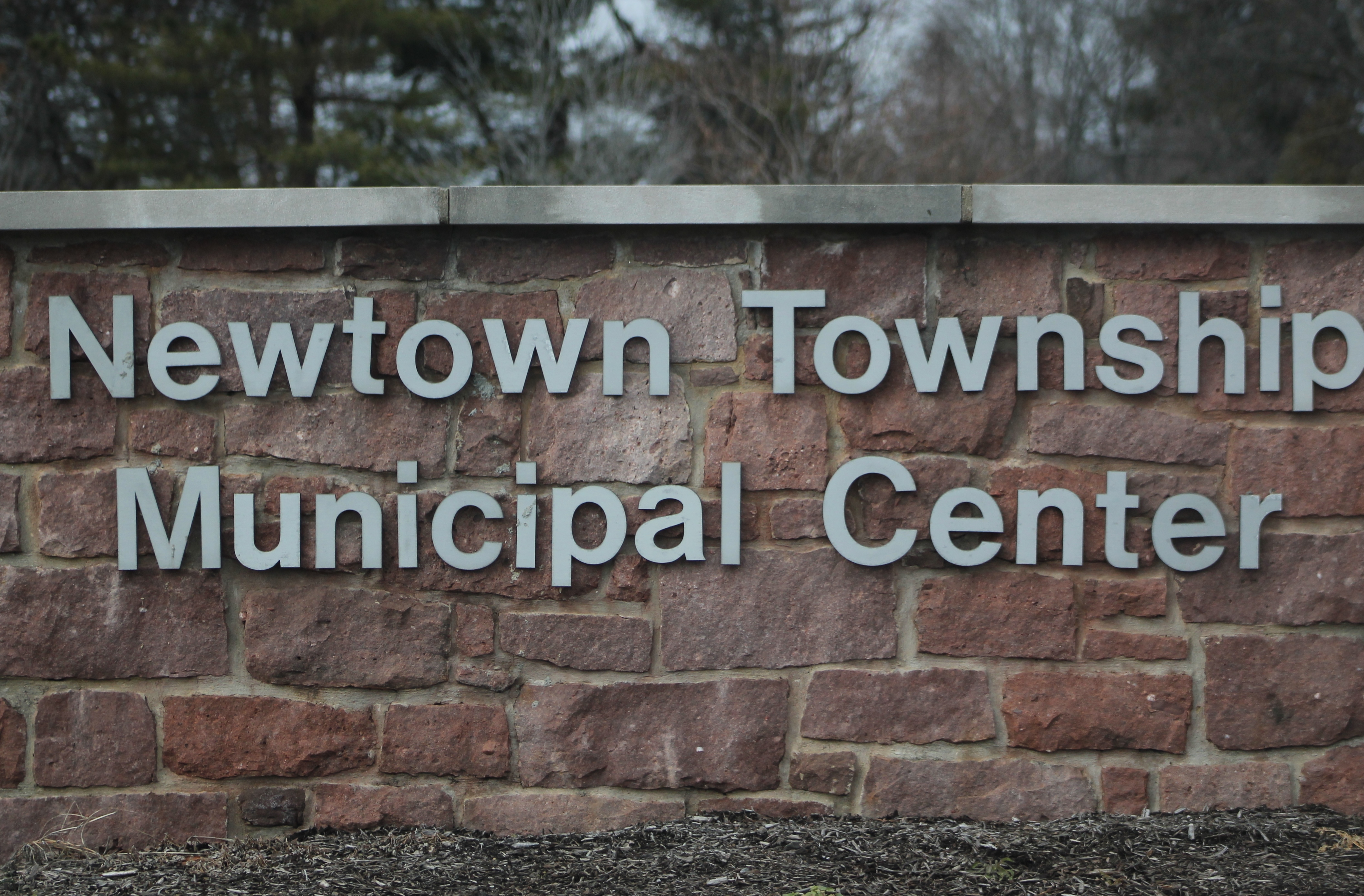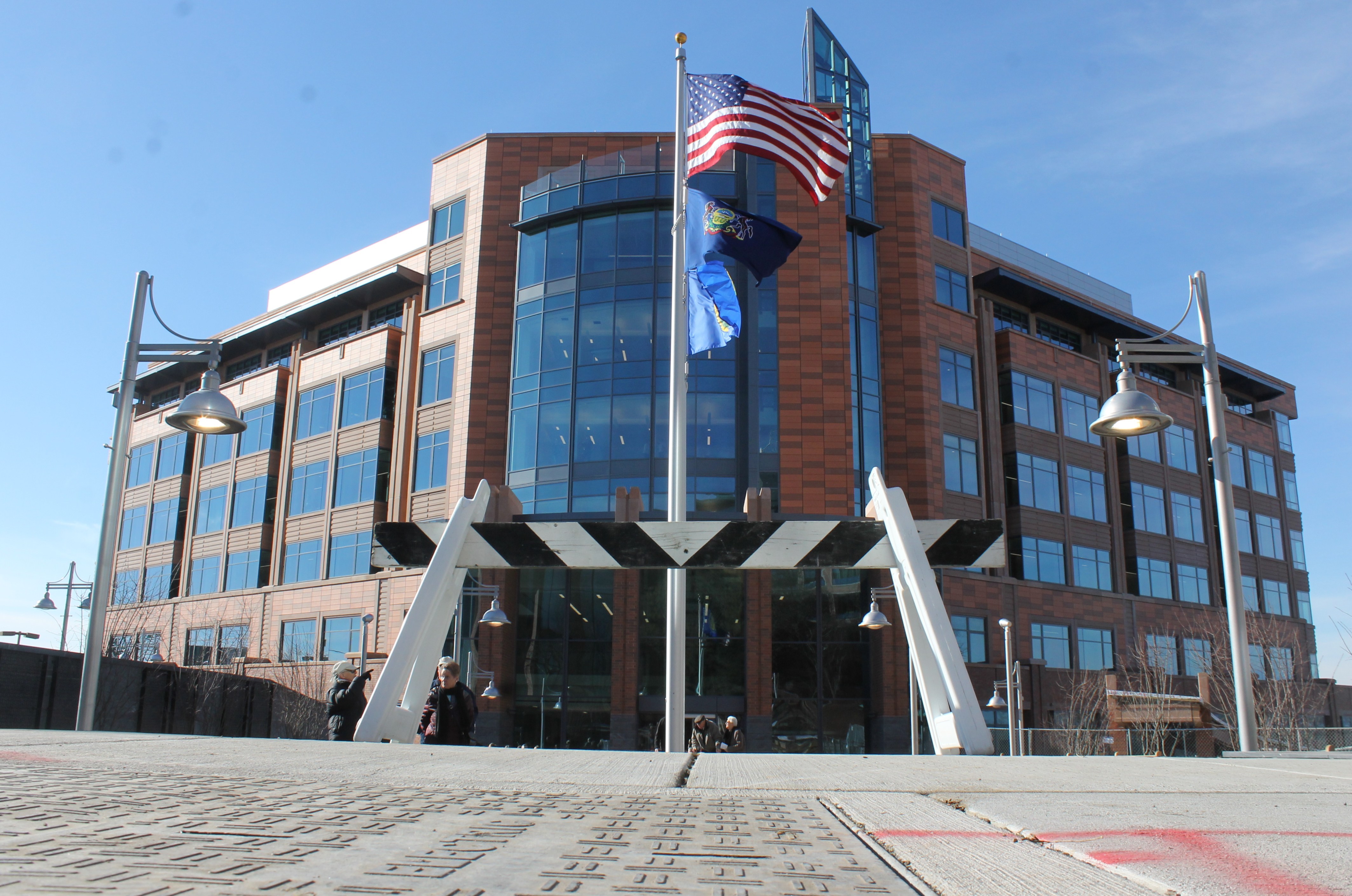By Christen Smith | The Center Square

Pennsylvania’s two-year-old medical marijuana program serves 160,000 active patients and, sometimes, keeping products in stock proves challenging.
Secretary of Health Dr. Rachel Levine says, however, this problem will soon resolve itself.
“I think we have one of the best medical marijuana programs in the country,” she told the Senate Appropriations Committee last week. “This has just been a very ambitious, quick ramp up and this is not a mature industry yet.”
Registered patients skyrocketed, Levine said, when the state added anxiety disorders to the list of approved medical conditions in August. Medical marijuana sales, as of November, exceeded $524 million.
In a survey of 3,201 patients conducted in January, nearly half expressed some level of dissatisfaction with product availability and selection at the state’s 76 dispensaries. One third of respondents said producing multiple products with the same strain is a top priority. Another 45 percent said they stopped using medical marijuana due to inconsistent access to the product that works best for their condition.
“As product has rolled out, there has been shortage of specific strains and ratios in specific areas,” Levine said. “People have learned, working with their doctor and pharmacist, that a certain ratio from a certain strain works best and well sometimes it’s hard to get exactly that.”
Levine said more than 15 registered growers/processors are “actively shipping product,” with more in line to become operational soon. Another five applicants are waiting for inspection and final approval, she said. The state authorized a total of 25 grower/processor licenses when it enacted the program in 2016.
Most dispensaries provide product availability online, making it easy for patients to track down their preferred product, Levine said.
“As the market matures, we have more product being grown, we have more grower processors online and they might expand, more dispensaries — I think that those [shortages] will improve,” she said.








